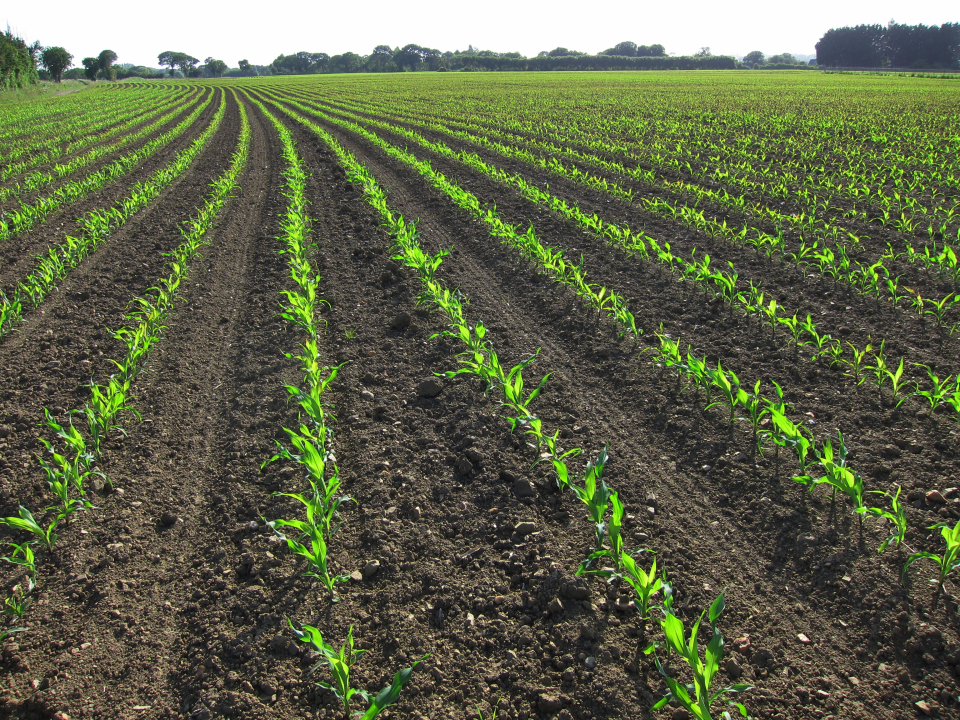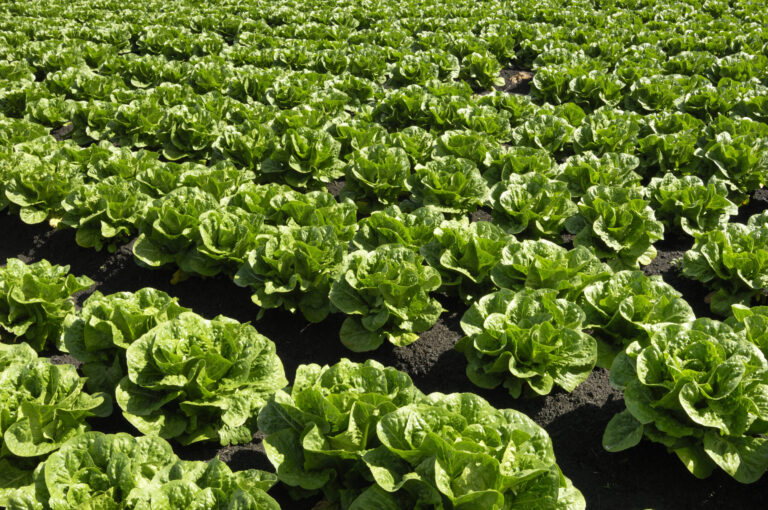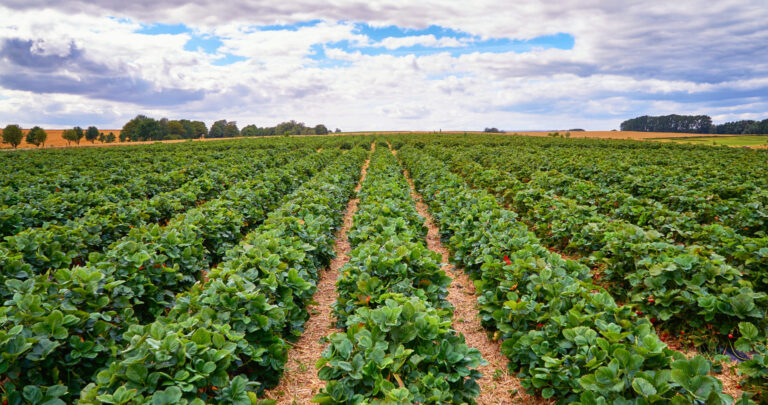The season’s potential starts as soon as seeds are in the ground. From that point forward, growing conditions, including soil temperature and moisture, play a major role in how quickly and evenly seedlings emerge. Early emergence that is strong, uniform, and timely sets plants on the right trajectory, reducing the risk of late-emerging plants that compete for light, water, and nutrients but rarely contribute much to yield. Research shows that the first few weeks of growth have a direct impact on returns at the end of the season. Delayed or reduced emergence docks yields significantly.
Why Early Emergence Matters
When seedlings come up evenly, they establish stronger root systems and handle stress more effectively. Plants that emerge at the same time also flower, set pods/ears, and mature more uniformly, making harvest more profitable. Alternatively, delayed or uneven emergence can mean weaker plants and lost yield later in the season.
In a 2018 article from NC State Extension, NC State University Crop and Soil Sciences, and NC Soybean Producers Association, “How important is uniform emergence in soybeans?”, authors Vann, Dunphy, and Buffaloe reported that on average, there was a 14 bu/A yield penalty observed for soybeans that emerged on the fourth day of emergence compared to those that emerged the first day. At 7 of the 9 environments trialed, average soybean yield declines were 7%, 11%, and 25% at day 2, 3, and 4 of soybean emergence respectively, compared to day 1.
In a 2024 article, the University of Minnesota Extension reported that uniform timing in corn plant emergence is even more important than uniform within-row spacing of plants. Grain yield is reduced by about 20% for plants that are one leaf stage behind earlier-emerged plants early in the season, and by 50% for plants that are two leaf stages behind.
For cotton plants, achieving a uniform emergence with an optimal stand count can be particularly challenging. Because cotton seedlings are highly vulnerable to cold soil temperatures, cotton growers must carefully plan their planting dates to decrease risk. Cooler temperatures slow cotton development, worsen the risk of chilling injuries, and increase the seedling’s vulnerability to biotic stress. Recent research showed an average 19% decrease in cotton germination among plants germinating at temperatures under 64°F, and 51.5 hour delay to 50% germination, compared to plants germinating at temperatures over 82°F. However, early planting can extend the growing period, reducing the risk of low fiber micronaire during boll formation and optimizing fiber quality.
Planting rarely happens under perfect conditions, and soil temperature, moisture at planting, and compaction all play a role in delayed emergence. Cool, wet soils can stall emergence, while inadequate soil moisture can cause a wide range of plant sizes within a field, impacting overall yield potential. With many acres to cover, farmers often must plant when conditions are less than ideal.
Where Biostimulants Can Help
Seed treatments remain a dependable way to guard against early-season threats. While conventional chemistries continue to play an important role in guarding against disease and insects, there is growing recognition of the value that biostimulant seed treatments can offer. Biostimulants support plant health from the start while also delivering season-long benefits.
SuperSede® Biostimulant Seed Treatments
The SuperSede® line of products, built with Transit® biostimulant, is a biostimulant seed treatment with complementary crop-specific nutrition that increases germination and supports early root growth for uniformity and establishment.
- Better Emergence
- SuperSede improves plant uniformity and stand establishment
- Enhanced Root Growth & Nodulation
- SuperSede amplifies early root growth for resilient plants with improved access to nutrients and water, and supports increased nodulation for improved nitrogen fixation in soybeans
- Complementary Nutrition
- The SuperSede line of products is formulated with key, crop-specific nutrients to further aid seedling growth
To learn more about Valent BioSciences’ biostimulant solutions, check out our 2026 Row Crop Product Guide.






